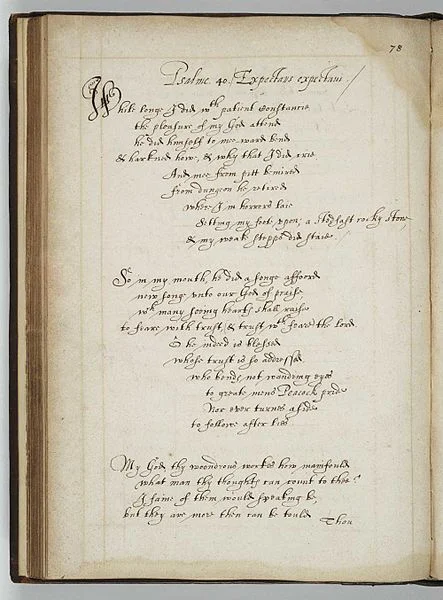The life and death battle I was going through was very real. We had been badly hurt by people we trusted. After God delivered us from that danger, I found myself in an even harder battle I had not expected. My bitterness was destroying me. And one day the Lord spoke to me that if I did not resolve this, I would do more damage to myself than what had been done by others to me and my family.
The first time I heard my mentor and spiritual father, Duane Harder, make the following statement, I could not have disagreed more: “A woman who has been raped will damage herself more through unforgiveness than through anything the rapist did to her.” How could he say that? All I heard was what seemed like a minimizing of the rape. But what I really missed was the fact that I was minimizing the reality and power of forgiveness.
I should have got it. After all, Jesus said a person who refuses to forgive will be handed over to the tormentors (Matthew 18:34). Let’s be clear: Jesus was not addressing the person who committed the act, but the victim.
The reason for this is simple: you were forgiven an infinite debt. Therefore, you must forgive others who owe you a finite debt. Your debt is infinite because it was paid by One who was sinless, whereas you, already a sinner, have been sinned against by other sinners.
If we can’t truly forgive, we are letting ourselves in for a lot of trouble. So why is it so hard for us to forgive?
I believe the answer is in our failure to understand what forgiveness is. We live in the deluded belief that forgiveness somehow involves the idea that we have to forget or deny what was done to us. And that we find it understandably impossible to do.
Yet nothing could be further from the truth. Forgiveness cannot in fact take place without the blunt acknowledgement of the wrong that was done. After all, God, our perfect Creator, is more violated when wrong is done to us than we are. It is God’s standards and God’s law which are being violated.
The Bible paints a very clear picture that God hates sin. When a woman is raped, God hates that even more than the woman does.
So forgiveness begins by putting on the table the wrong that was done to us. Being open about it before trusted friends and mentors also makes us accountable for how we may have had a share in the wrong that was done. The fault is very rarely one hundred per cent on one side.
As we put the wrong on the table, we also declare alongside those with us how much greater God was wronged than we were, and how much more even than us he hates the sin that was committed.
But here is the key. The God who was offended is the only one who has the right to judge. And so in the declaring of the wrong, we hand the person over to God for him to deal with as he chooses.
This, I am convinced, is the key to forgiveness: I renounce my attempt to be the judge, and hand that right over to God, to whom it alone belongs.
If I take the place of judgment, I hand myself over to Satan, the greatest legalist of all, who knows I have no right to it.
And handing the person over to God does not mean I have the right to petition God to do anything other than act in the same mercy he showed toward me. Prayers for God to visit judgment on my enemy are not heard by God, but they are heard by the devil. That is why Jesus commands us to bless those who harm us, not curse them.
Over the years, my wife and I have had more than enough things to forgive. We have been through some truly awful situations. The hardest thing to accept is the fact it has most often been professing Christians who have been the perpetrators. In the end, we came to realize some of these folk were not really Christians at all. The hurt at the time, no matter who the perpetrators were, was very real.
But our story is this. When we forgave, we were free! The burden of hate and hurt lifted. We were no longer controlled and dominated by those who had hurt us and what they did to us. When you refuse to forgive, you allow the wrong that was done to be replayed and re-enacted in your mind every single day of your life. What will that do to you?
Let me give you some advice. Time does not heal. It only allows the wounds to fester.
There is only one way to freedom. Hand those people over to God. Let him be the judge. And move on.
And know this: his Spirit will set you free.




